What is the CCPA, the California Consumer Privacy Act?
CCPA, or the California Consumer Privacy Act, is a law in California data privacy law that came into effect in early 2020. The CCPA grants California residents several key rights about how businesses collect, use and share their personal information.
The CCPA contains 4 key protections for California consumers:
- Right to Know: Consumers can request businesses disclose the categories and specific pieces of personal information collected, the purposes for which their information is used, and any third parties that the information is shared with.
- Right to Non-Discrimination: Businesses cannot discriminate against consumers for exercising their CCPA rights.
- Right to Opt-Out: Consumers can direct businesses not to share or sell their information with third parties.
- Right to Delete: In many cases, but not all, consumers can request that businesses delete their personal information.
What is considered personal information under the CCPA?
A key compliance challenge of the CCPA is its broad definition of “personal information”. Essentially, it encompasses any information that can directly or indirectly identify, relate to, or describe a specific individual or household in California. Here’s a breakdown of the main categories:
- Direct Identifiers: This includes classic identifying information such as your real name, alias, postal address, email address, social security number, driver’s license number, and passport number.
- Indirect Identifiers: This category covers things like online identifiers, internet protocol (IP) addresses, geolocation data, cookies, and other data points that may indirectly be used to identify you.
- Commercial Information: This includes records of purchases or consumption histories, along with tendencies in purchasing behavior.
- Biometric Information: Genetic data, fingerprints, facial imagery, voice recordings, and similar details are covered here.
- Inferences: This includes any conclusions drawn from other personal information. These inferences can profile your characteristics, behaviors, preferences, and interests.
How do you comply with CCPA, and what are the consequences for failing to do so?
To comply with CCPA you must adhere to the 4 key protections outlined above when collecting personal information from California consumers. This means that your organization must have a holistic understanding of any personal data that you are collecting, where it resides, and how it is being used.
Consequences of CCPA Non-Compliance
Unfortunately, Accutive Data Discovery + Masking (ADM) often clients discover personal data that they were previously unaware of, sometimes in unsecured locations. The consequences of improper storage, use, and retention of personally identifiable information (PII) covered under CCPA are severe. CCPA violations range from $2,500 to $7,500 per affected consumer. This means that failing to comply with CCPA for as few as 135 California consumers could lead to over $1 million in fines.
Beyond Financial Penalties: Risk of Reputational Damage
In addition to the financial costs of CCPA non-compliance, there is the risk of harm to your brand and reputation. More importantly, your clients may lose trust in your organization if they perceive that you are failing to protect their data and respect their privacy. In February 2024, DoorDash was levied a $375,000 fine for CCPA violations. In this case, the fine was a relatively insignificant amount of money for DoorDash; however, the well-publicized ruling resulted in significant negative press for the organization.
CCPA Compliance: Know, Protect + Control Your Data
CCPA Compliance with Data Discovery
The first step to ensuring CCPA Compliance is knowing all of the personal information housed in your database(s) that falls within the scope of the CCPA. An ADM process known as Data Discovery automates searching your selected files, tables, and database(s), so that you know where the personal information collected under the Act resides within your organization’s data structure. With Accutive Data Discovery and Masking (ADM), there is pre-configured data discovery for CCPA compliance that can also be tailored to your specific needs. For example, you can search only for values related to California residents. Additionally, ADM can automate your organization’s compliance with CCPA’s Right to Know provision by discovering and reporting on all instances of a given individual or household within your database(s).
ADM’s CCPA compliance configuration provides extensive coverage of the CCPA’s scope, including data discovery of direct identifiers such as name, address, social security number (SSN), driver’s license number, and birth date, as well as indirect identifiers such as IP address.
CCPA Data Analysis and Protection
Next, depending on your needs you can either analyze the data found in the discovery process, or anonymize or obfuscate that data with ADM’s Data Masking. With ADM, you can easily produce reports or export to your preferred data analytics platform. If you need to anonymize your data (such as for external sharing, movement to less secure environments, or testing and development) you can also rapidly and accurately mask your data with ADM.
Automated, Continuous CCPA Compliance
Ongoing oversight and control of your sensitive data is critical. With ADM’s advanced automation capabilities, you can ensure continuous CCPA compliance. By embedding ADM into your SecDevOps and DevOps practices, you can automatically discover and/or mask personal information on a continual basis. Establishing robust ongoing data protection with ADM is a highly effective means of preventing unauthorized use, sharing, and collection of CCPA-regulated data.
ADM: A Shortcut to CCPA Compliance
Accutive Data Discovery and Data Masking (ADM) is a data management and protection platform that helps organizations seamlessly comply with the California Consumer Privacy Act (CCPA) and other data privacy legislation. As a California-based organization, we know that the ambiguous nature of CCPA can present regulatory challenges. That is why we specifically designed ADM’s CCPA Compliance capabilities with this in mind. Depending on your needs, you can discover and mask your data using a pre-configured CCPA scan group, or customize the CCPA scan group to include or exclude additional fields and values.
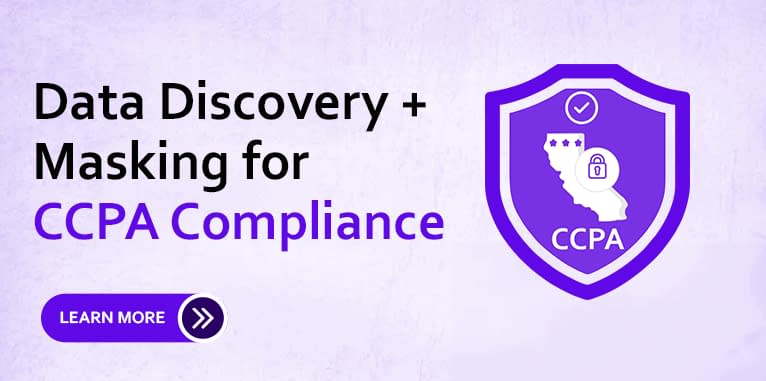

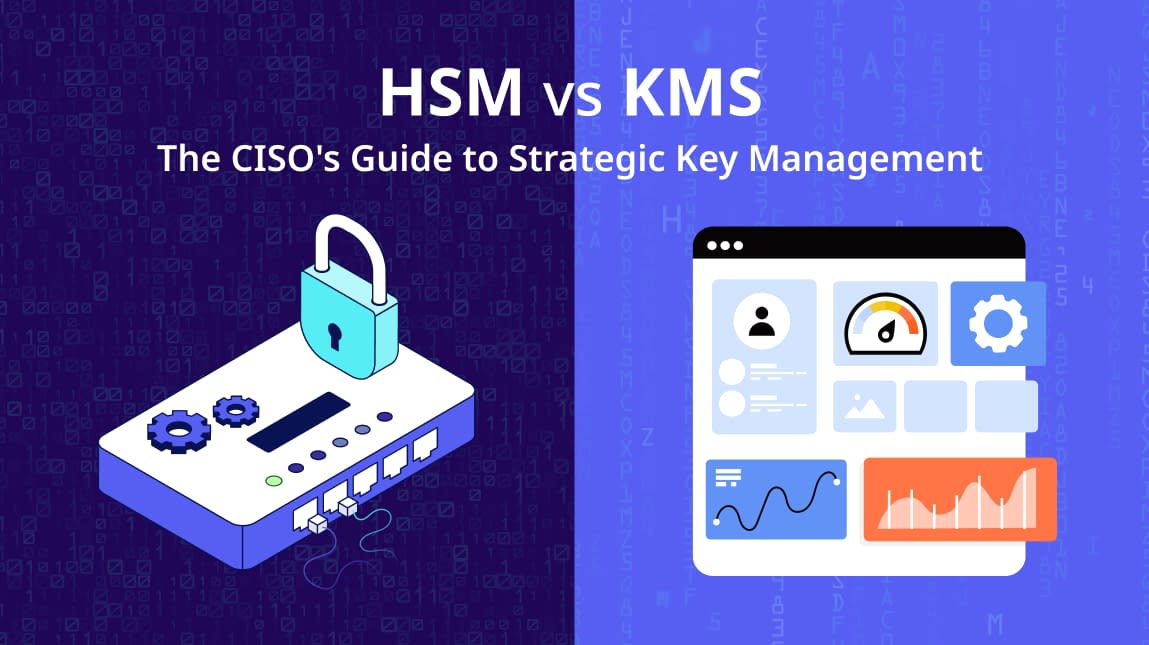

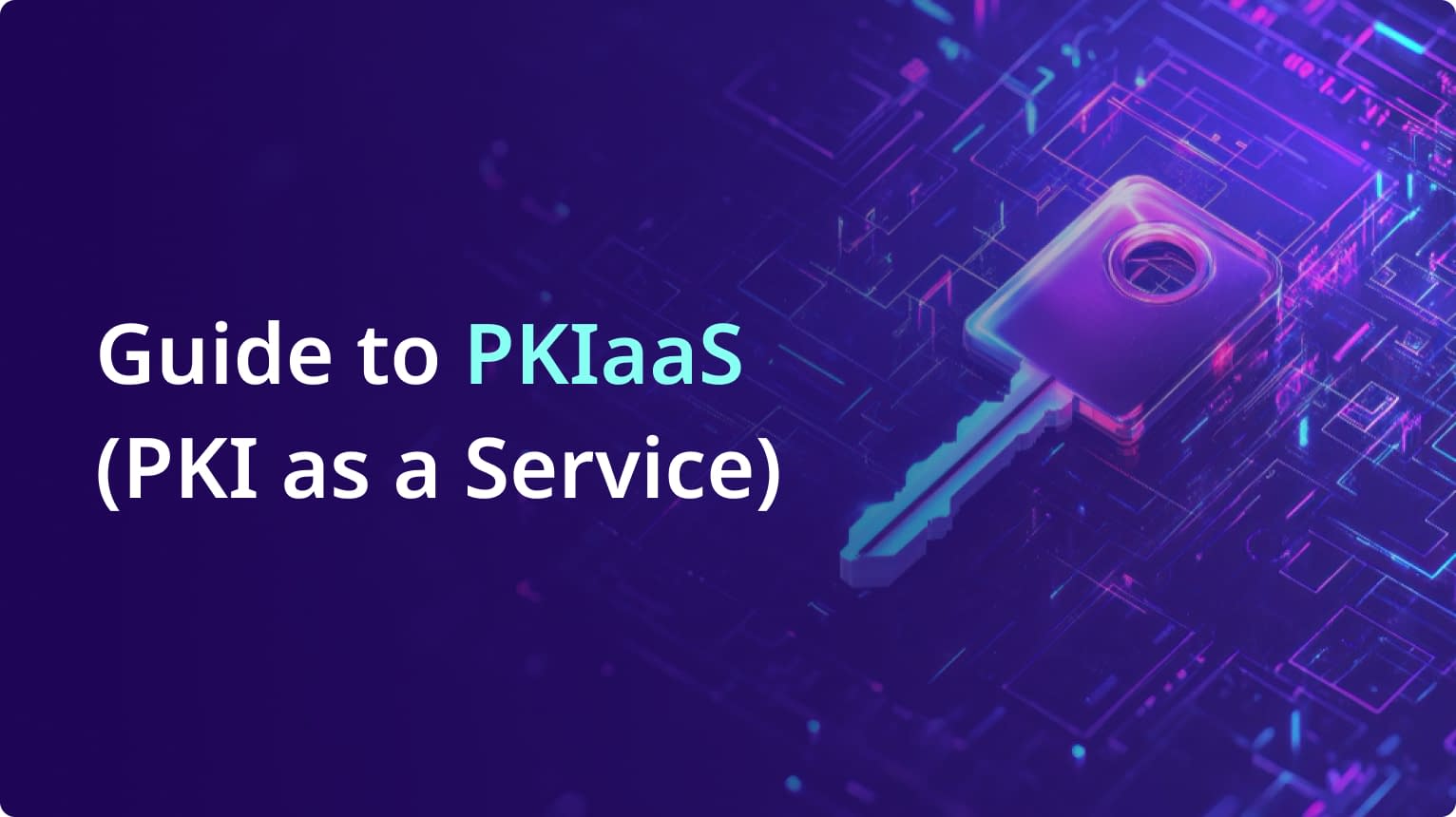
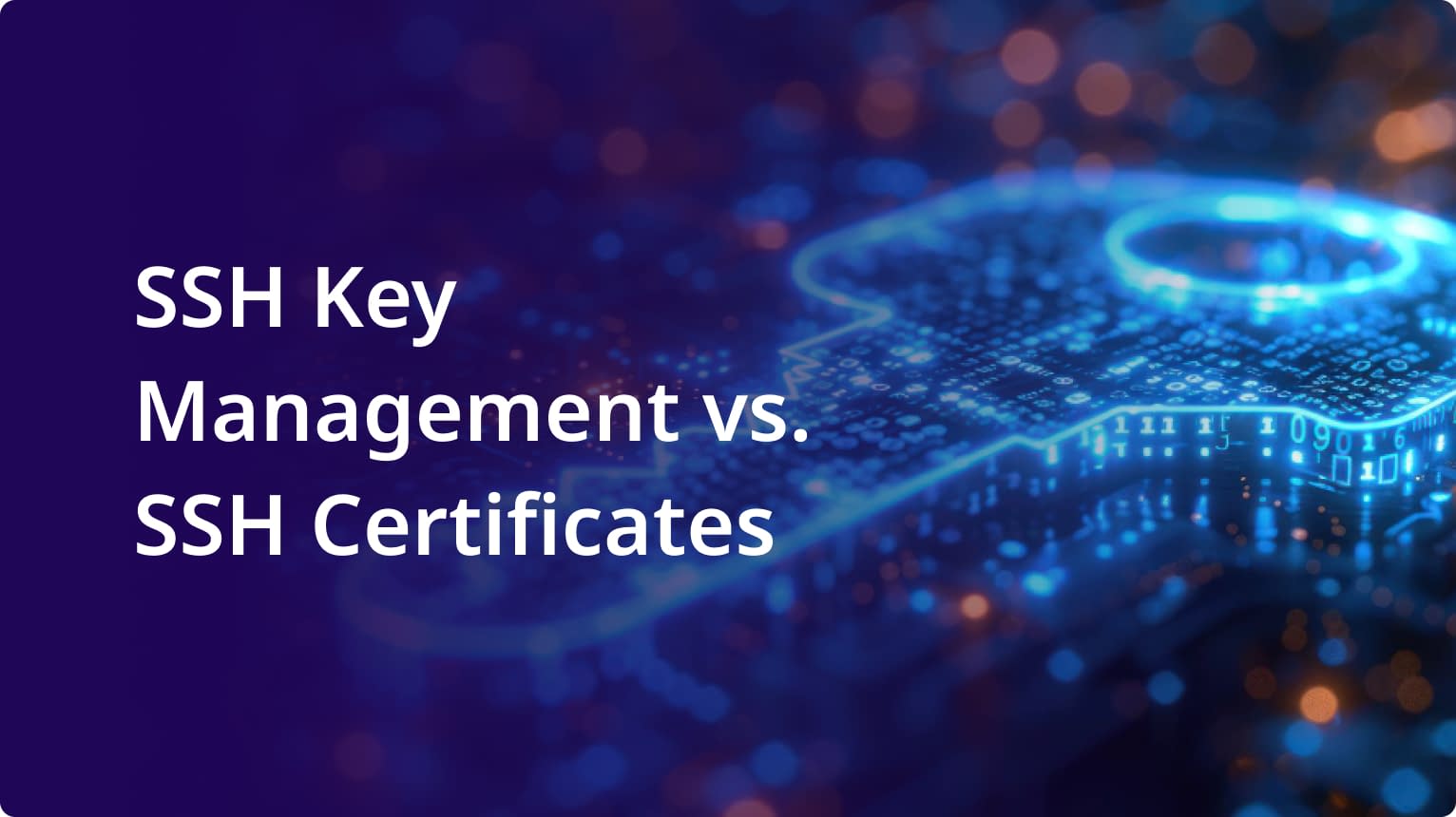





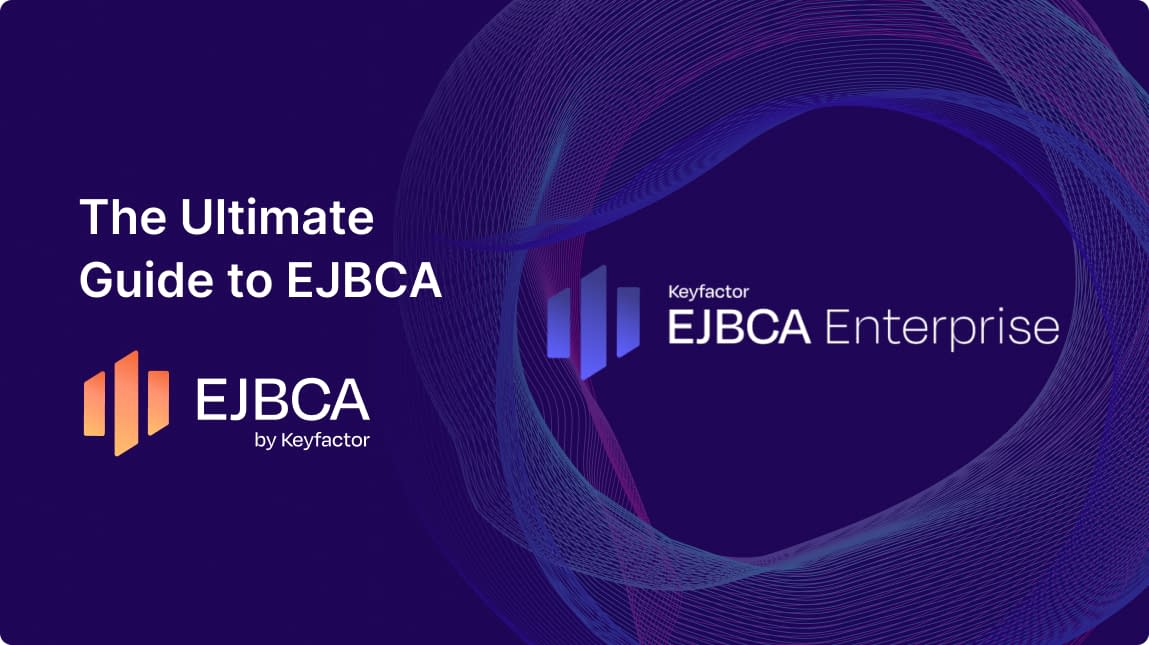
Comment